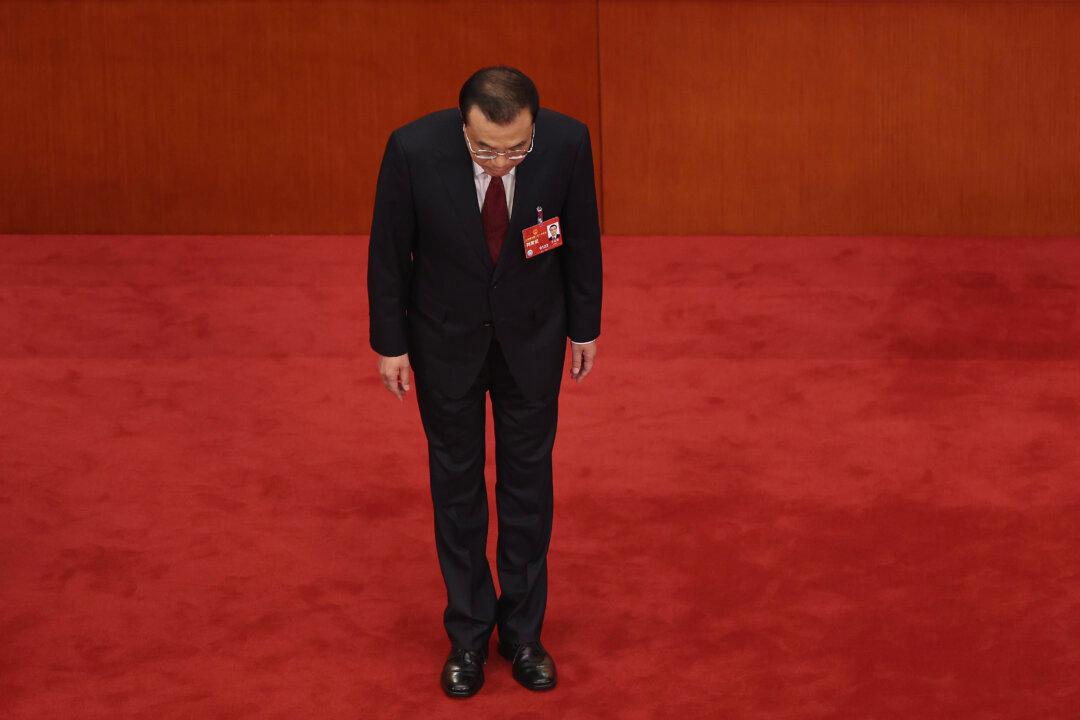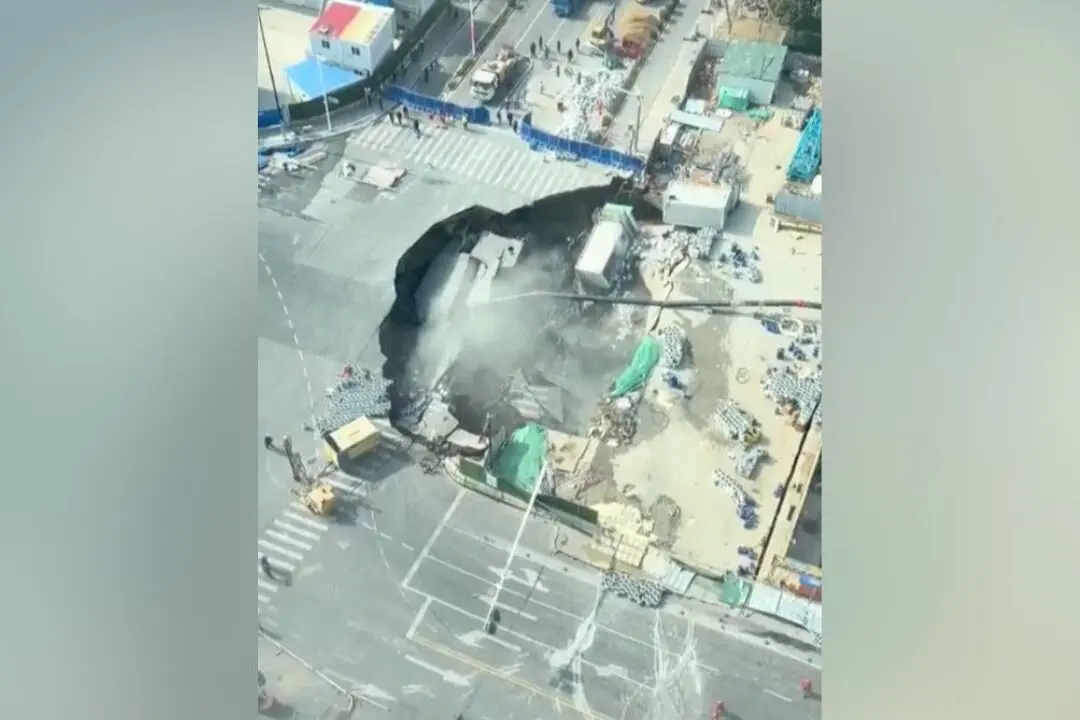China’s most high-ranking officials paid their last respects to former Premier Li Keqiang amid swirling rumors of turmoil within the upper echelons of the leadership.
Mr. Li died of a sudden heart attack on Oct. 26, after all rescue measures failed, according to an obituary published by the official news agency Xinhua. The sudden passing of Mr. Li came just seven months after he retired from the premier’s post, the country’s No. 2 position, triggering an outpouring of grief as well as skepticism of the official account of his death.




